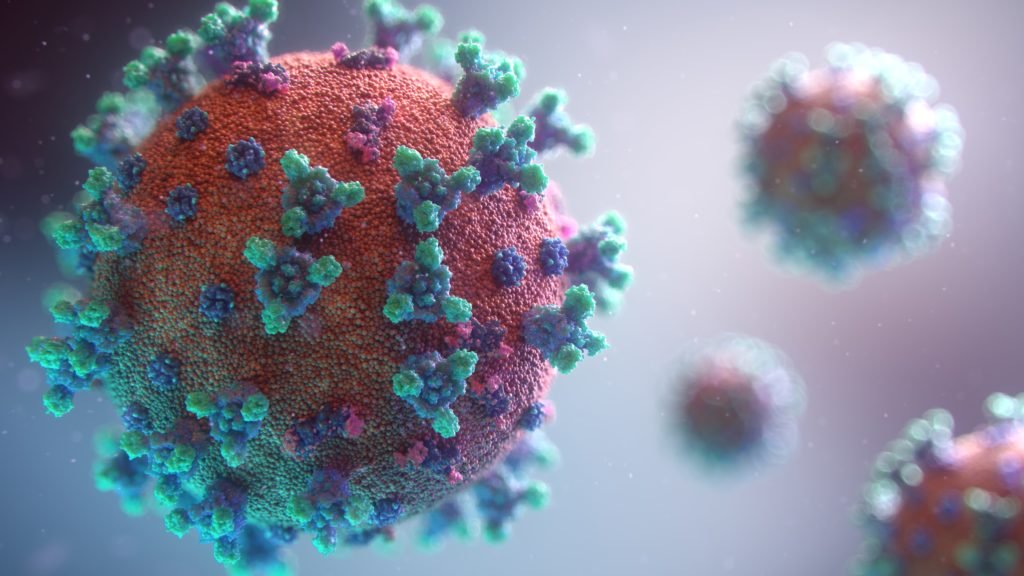Experts support use of rapid antibody-based testing

CEBU CITY—Amid concerns over the efficacy of the Real-Time – Polymerase Chain Reaction (rtPCR) and the Rapid Antibody-Based Diagnostic Test (RDT), medical experts here support the use of the latter for mass testing in the cities of Cebu, Mandaue, and Lapu-Lapu, according to an emailed news release from the Office of the Presidential Assistant for the Visayas (OPAV).
Dr. Mary Jean Laroche, medical specialist-pathologist of the Department of Health in Central Visayas (DOH-7), said that while rtPCR tests the presence or absence of the SARS-CoV 2, both tests are not foolproof.
“In our fight against COVID-19, testing is an essential tool. PCR, being the gold standard will test the presence or absence of the virus, aiming to know if a person is infected,” Loreche said.
“The rapid antibody test, on the other hand, as the name implies, aims to test for the antibodies, whose aim is to establish that a person has been exposed to an infected individual or is presently with the infection, without knowing it. This is especially true for those who don’t manifest any symptoms at all,” she added.
Dr. Juanito Zuasola, Regional Epidemiology and Surveillance Unit (RESU-7) Epidemiologist, also said “ (that) the usefulness and significance of RDT is (determined) when the test results are placed in the proper perspective.”
The antibodies either IgM or IgG, whichever is present can help determine which patients or persons will require PCR, Zuasola explained.
“The test results from both tools can now help further in addressing which group/class of persons will be placed in the isolation/quarantine facilities,” he said.
Dr. Gerardo Aquino Jr., Vicente Sotto Memorial Medical Center (VSMMC) medical chief, also reiterated the capacities and capabilities of local testing sites if a massive rtPCR testing will be done.
“While it remains to be the gold standard in Covid-19 diagnosis, the rtPCR test is one involving processes that take considerable amount of time, supplies and resources, dedicated and accredited facilities and equipment, specialized training, and proficient manpower,” Aquino pointed out.
He explained that doing rtPCR testing on a massive scale “may lead to inadvertently jeopardizing those in most need of it, especially those with severe cases admitted at hospitals whose diagnosis must be determined the soonest possible time.”
Aquino, however, assured the public that the VSMMC Subnational Laboratory has been working to keep up with the rising number of samples, to comply with the prioritization criteria set by the Department of Health per AO No. 2020-0013, including those who are admitted at hospitals.
The laboratory was also “supportive of a strategic mechanism in mapping COVID-19 transmission in our local community so that testing resources are efficiently used,” he added.
The Food and Drug Administration had earlier approved the use of several rapid test kits but the agency cautioned that these should be strictly for medical professional use only, not for personal use.
“The rapid test kits will yield a faster result compared to PCR based kits, but it is important that a trained health professional will evaluate and interpret the results,” said FDA director-general Eric Domingo in a statement that was posted on the FDA website.
Meanwhile, the Cebu City government and the Cristina Lee Dino Foundation (CLDF) through the OPAV donated RT-PCR machines, automated extraction machines, test kits, swab kits, and other supplies to DOH-7 and VSMMC in order to augment the testing capacity of the facility.
Dr. Jaime Bernadas, DOH- 7 director, said that the RDT mass testing would guide decision-makers on whether to pursue a downgrade of community quarantine or not.
“These test results can now be used to help in mapping populations and areas in the locality that can serve to guide the decision-makers into checking the effectiveness or in setting up control measures and even modifying these measures in pursuing decisions for community quarantine,” Bernadas added.
The strategic rapid mass testing for the three cities is a campaign under the “Project Balik Buhay,” an initiative of the OPAV, DOH, local government units, and the private sector.
Just last Saturday, May 2, the CLDF thru OPAV donated medical supplies for the logistical requirements of the mass testing to start on Monday, May 4.
The medical supplies include face masks, goggles, tourniquets, micropore tape, alcohol swabs, alcohol, cotton balls, utility boxes, and specimen boxes.
These will be used by the Extractions Teams to collect blood samples from almost 50,000 individuals from Cebu, Mandaue and Lapu-Lapu Cities for 10 days starting May 4. / dcb
Disclaimer: The comments uploaded on this site do not necessarily represent or reflect the views of management and owner of Cebudailynews. We reserve the right to exclude comments that we deem to be inconsistent with our editorial standards.
